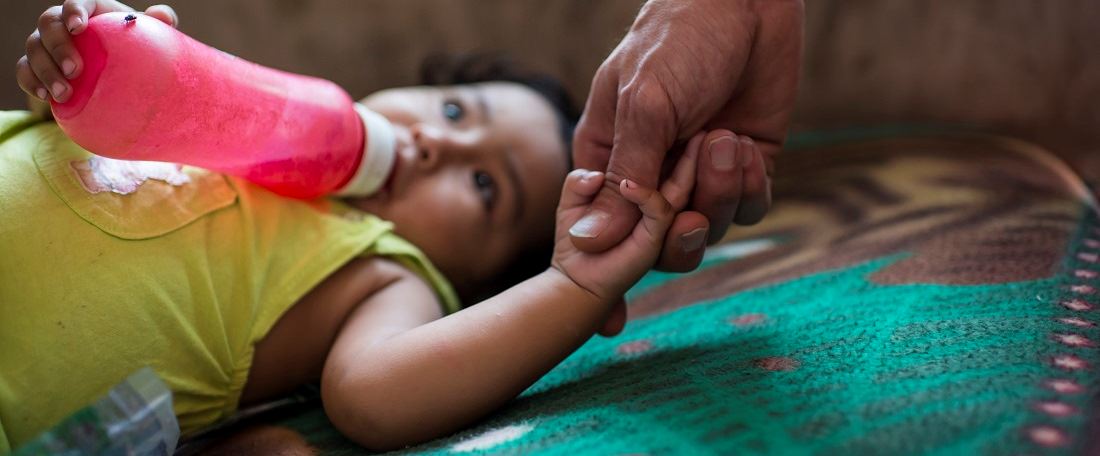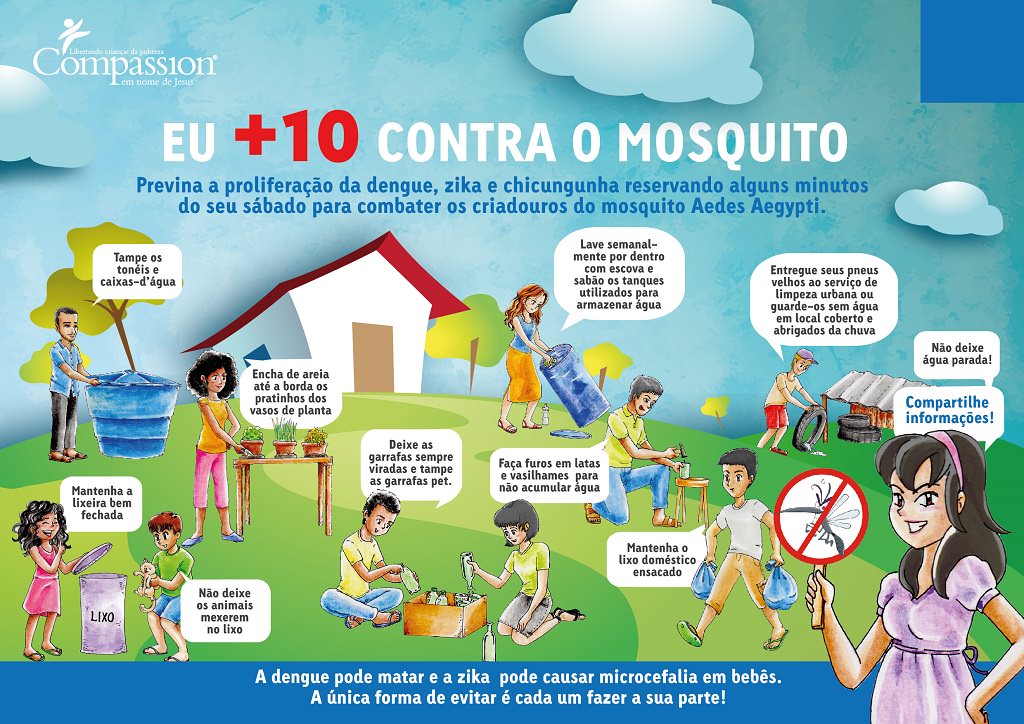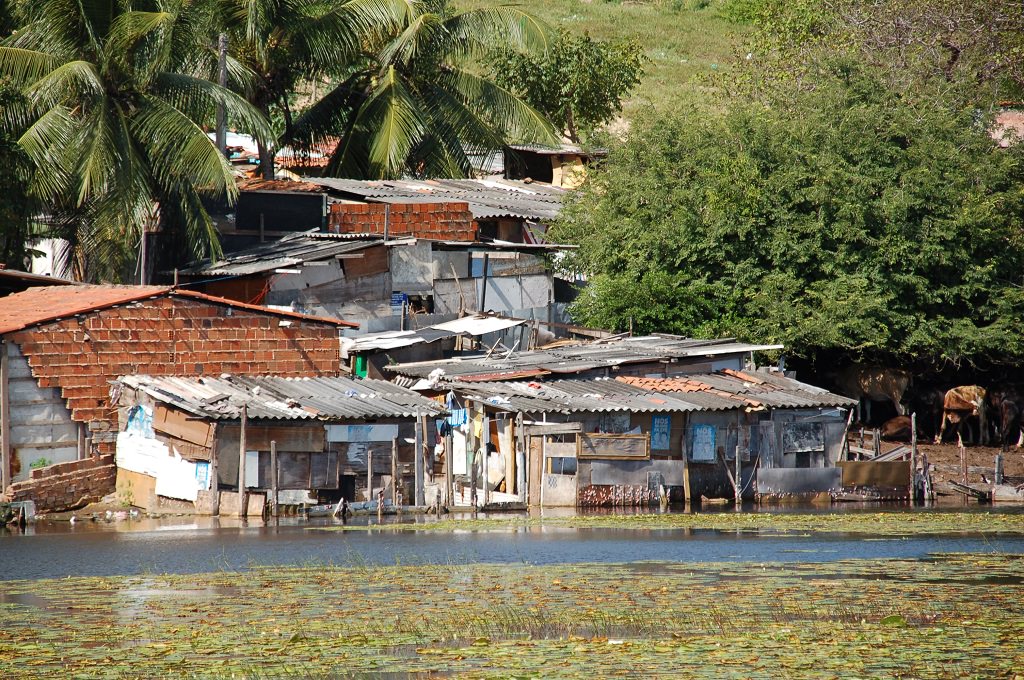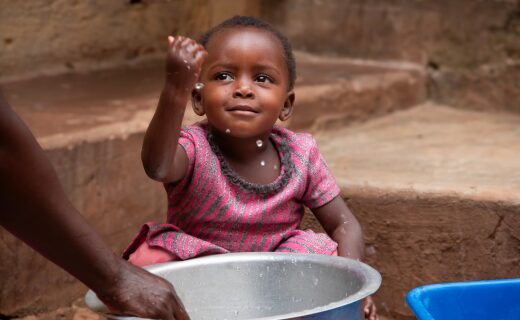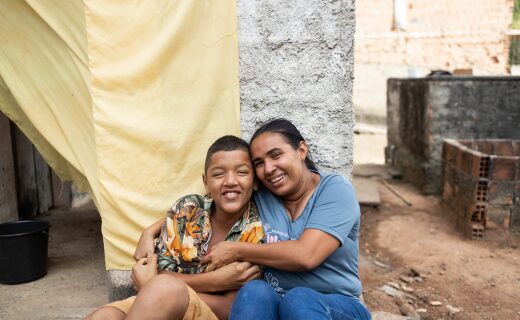Compassion Brazil responds to the Zika virus
Every year, starting in the summer, Brazil struggles against the Aedes Aegypti mosquito. For us, this is not recent news. The Aedes Aegypti mosquito is an old enemy of Brazilians. In the past, it was responsible for decimating thousands of people due to the yellow fever. In the 80s, the mosquito began transmitting dengue, an infectious disease that can lead to death. Summer after summer, Aedes Aegypti has grown.
In May 2015, the first cases of the Zika Virus were registered in Brazil, but the alarm was not raised since the symptoms are less aggressive than dengue. What no one could have imagined is that, less than one year later, this virus would be associated with cases of the rare Guillian-Barré Syndrome, which causes weakness and muscle paralysis, and microcephaly in babies from mothers who were sick with the Zika virus during pregnancy. From 462 cases of babies who were born with microcephaly, 41 are cases reportedly related to Zika virus. The number 41 can seem low if compared with all the Brazilian population, but it is higher if we think of 41 young lives. A mother’s womb should be the safest place in the world for a baby. Zika virus has disturbed this peace.
Compassion's Brazil's Action Plan
At Compassion Brazil, we’re taking the fight against the spread of the Aedes Aegypti mosquito seriously:
- At the end of 2015, we gave all our church partners financial support to buy insect repellent for mothers. In March, each pregnant woman will receive two further repellents.
- Every month, Child Survival Programme staff are visiting mothers and their babies to check for any suspected microcephaly cases. We are thankful that so far this has been a preventive measure and we don’t have any suspected cases.
- Thanks to resources from RESPOND, Child Survival projects are delivering long sleeve shirts and long trousers to every pregnant woman in the programme.
- Child Survival Programme implementers are visiting babies within 48 hours after their birth to measure their head circumference.
- Compassion Brazil has developed a series of educational materials which are being distributed to all 186 church partners:
- The awareness campaign is mobilising Compassion projects and communities. Every church partner is holding meetings with parents.
Pray for our church partners
Implementing wide-scale health campaigns is not easy. Please join us in praying for both the plans being implemented by the Brazilian government and our 186 church partners.
“(The hardest part for us) is to ensure that people are aware of the danger and to change the mentality that they begin to take care of the rubbish and clean water. Raising awareness takes time and hard work. We are preparing posters and presentations for awareness, surveys, investigations and trying to find the mosquito focus in our city. Repellent is expensive for the pregnant women and the city is very hot to wear clothes with long sleeves. It is possible that women don’t even have long clothes at home.”
Maria ìtala Lobato Quintino, Compassion project director of Flores do Sertão, Tejuçuoca city
“We have several cases of the Zika virus near us. The biggest challenges we find is that the living conditions are very precarious. There are families who live in rubbish recycling. We’ve put posters advising students about the danger of contributing to the proliferation of the mosquito. At the meeting of parents in February, we will advise parents to be attentive to their homes. In March, the project will make an action within the project to combat the mosquito and we will also distribute pamphlets in the community. Pregnant women are taking the necessary medical care. Many here cannot afford to buy the repellent. The community cannot afford to buy even the daily bread, even less repellent.”
Rosana Gomes Barros, Compassion project director
Report by Compassion Brazil's Ana Rafaela


